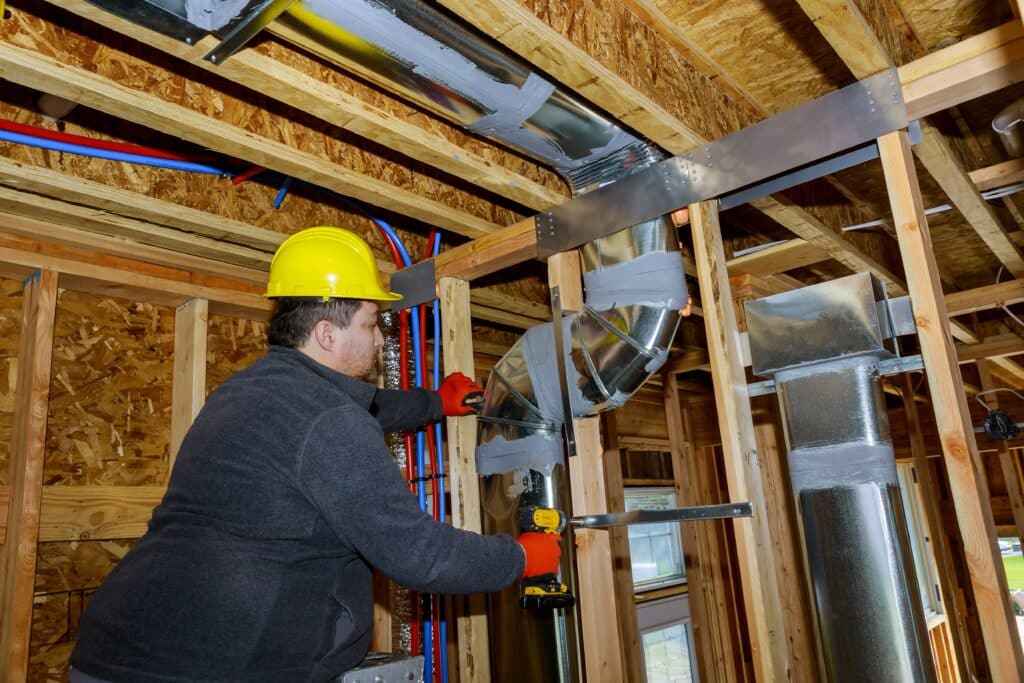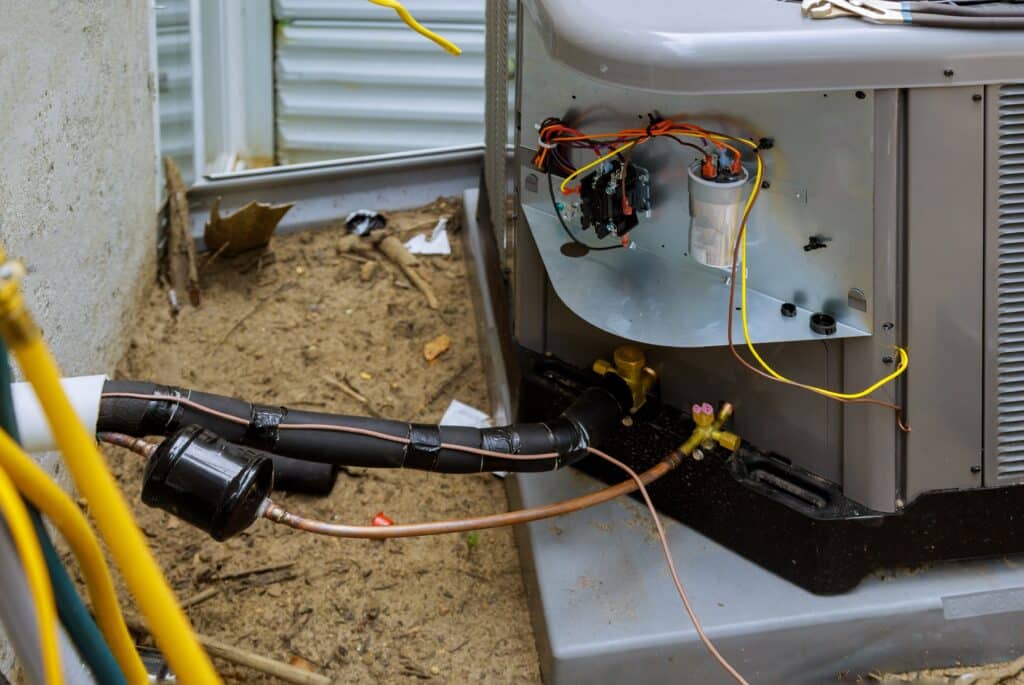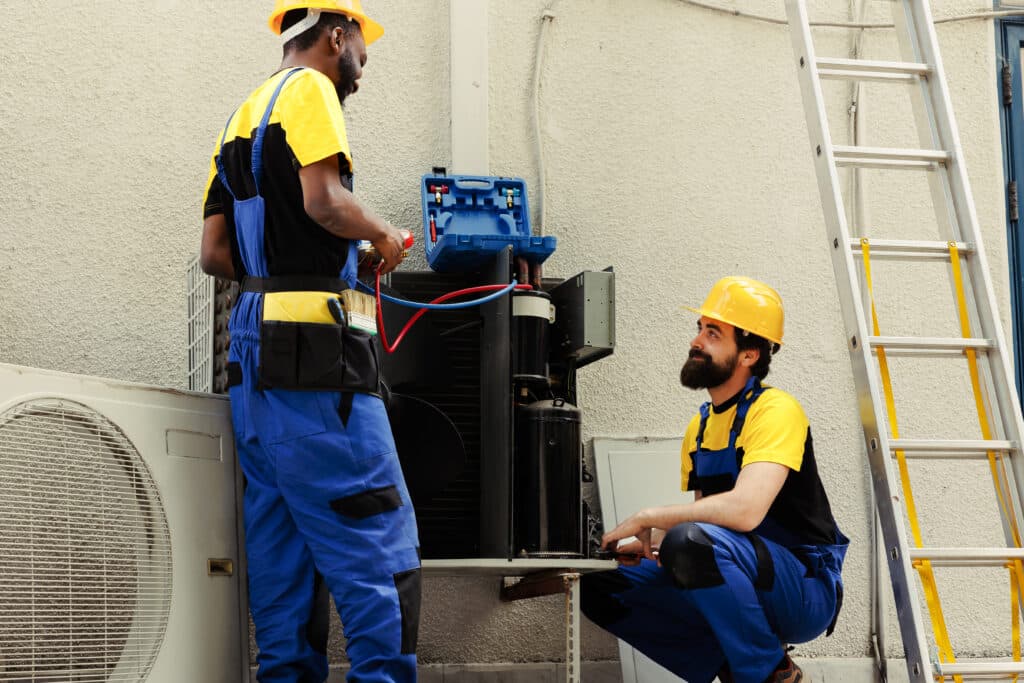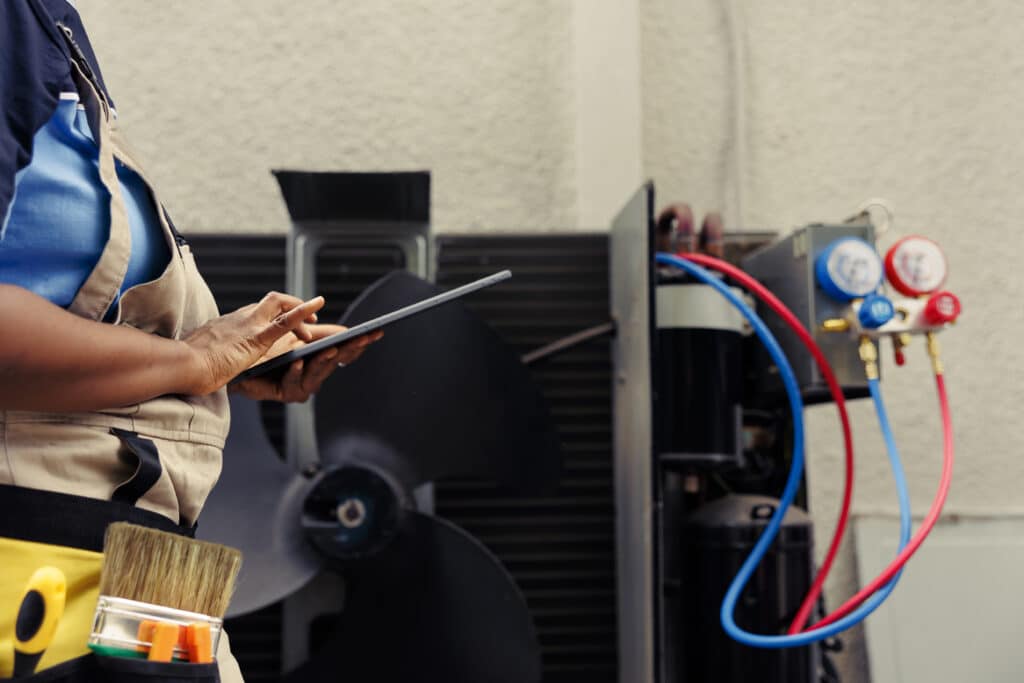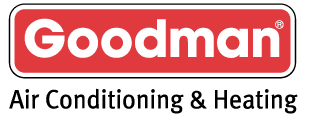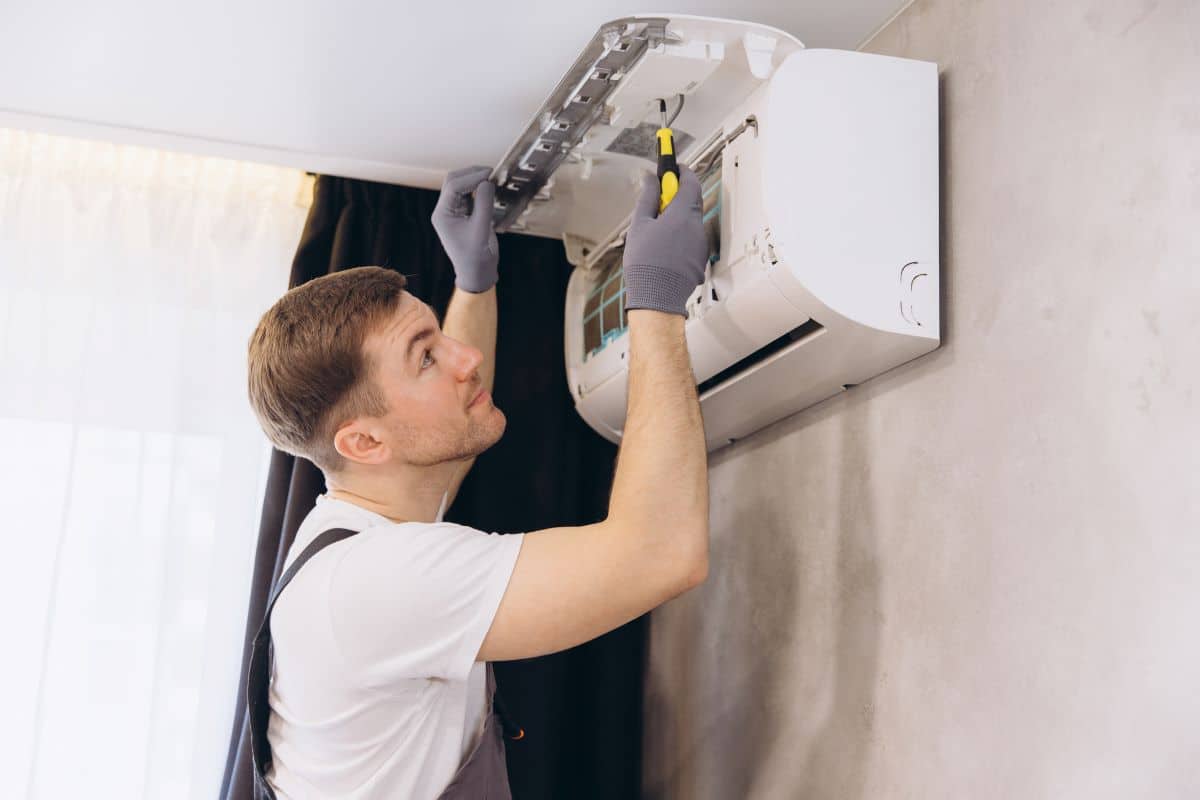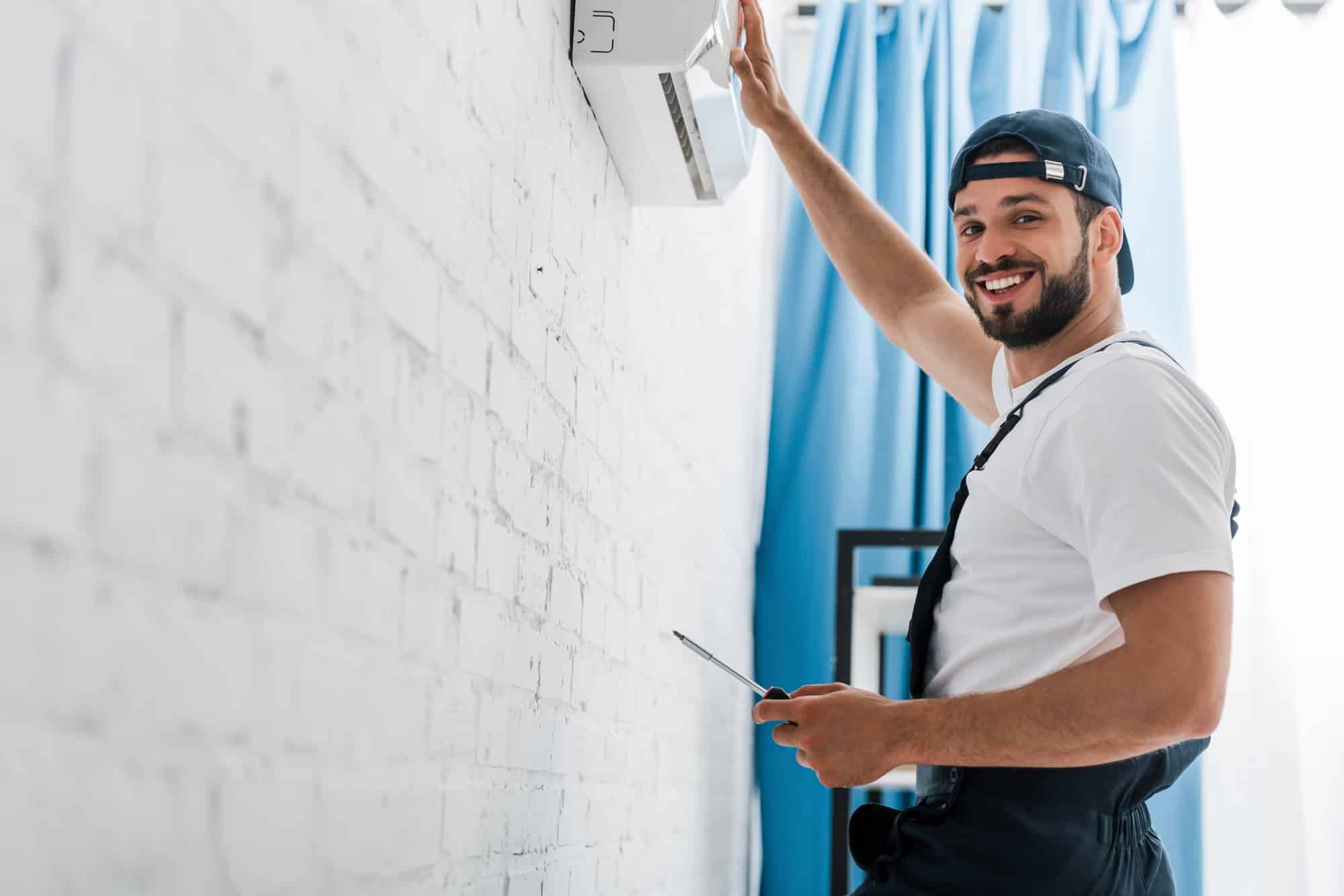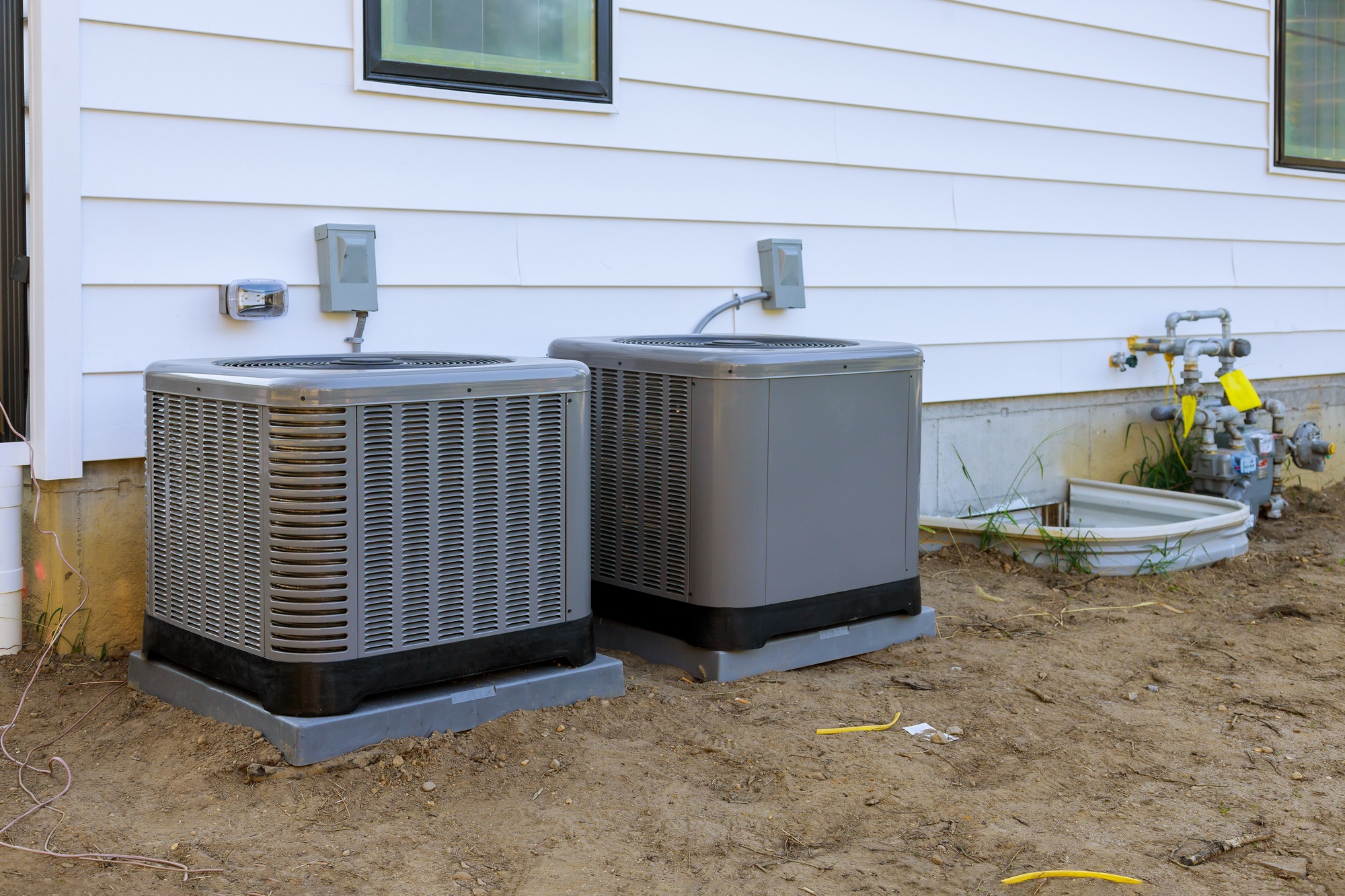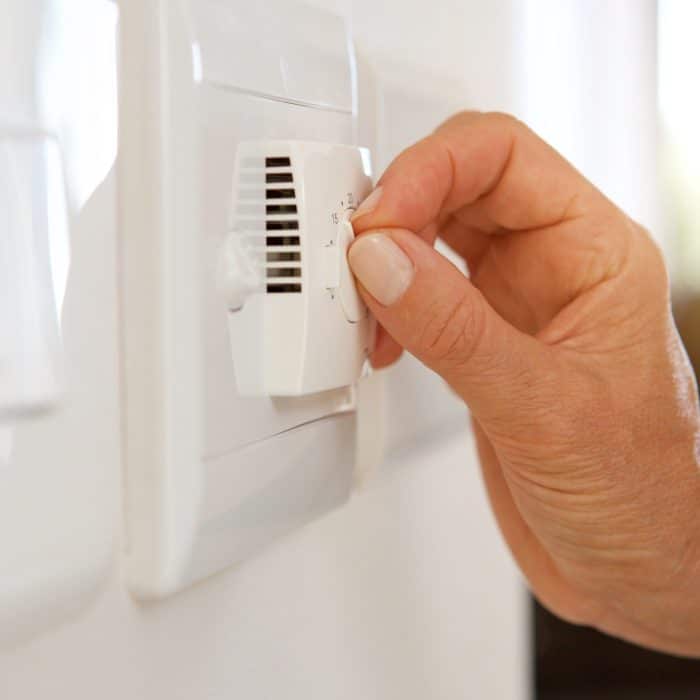
As the seasons change, so do the demands on your HVAC (Heating, Ventilation, and Air Conditioning) system. Each season brings unique challenges that can affect the performance, efficiency, and longevity of your heating and cooling equipment. Understanding how seasonal changes impact HVAC performance is crucial for homeowners looking to maintain comfort and energy efficiency year-round. In this article, we’ll explore the effects of seasonal transitions on your HVAC system and offer tips for optimizing performance throughout the year.
The Transition from Summer to Fall
As summer gives way to fall, temperatures begin to cool, prompting a shift from air conditioning to heating. This transition can impact your HVAC system in several ways:
- Increased Wear and Tear: The changeover from cooling to heating can put additional strain on your system. If your air conditioner has been running hard all summer, it may require more maintenance before it’s put away for the season.
- Potential for Uneven Heating: As heating demands increase, some areas of your home may not warm up evenly. This can indicate issues with ductwork or an improperly sized heating system. Regular maintenance can help ensure balanced heating throughout your home.
The Shift from Fall to Winter
As winter approaches, your HVAC system will be tasked with keeping your home warm during colder months. The impact of this transition includes:
- Increased Energy Costs: Heating typically consumes more energy than cooling, leading to higher utility bills. Ensuring your system is energy-efficient and properly maintained can help mitigate these costs.
- Risk of Freezing: In extremely cold temperatures, components like the heat exchanger can freeze, leading to system failures. Regular checks before winter can help identify potential issues.
The Transition from Winter to Spring
When spring arrives, many homeowners switch back to air conditioning. The impact of this seasonal change includes:
- Potential Refrigerant Issues: If your HVAC system is not properly maintained, refrigerant leaks can occur during the switch from heating to cooling. It’s important to inspect your system for leaks and ensure proper refrigerant levels.
- Increased Allergens and Pollutants: Spring often brings higher levels of pollen and allergens. A well-maintained HVAC system with clean filters can help improve indoor air quality by trapping these particles.
The Shift from Spring to Summer
Summer heat demands that your HVAC system work harder to maintain comfort. This seasonal change can lead to:
- System Overload: High temperatures can strain your HVAC system, especially if it’s older or poorly maintained. Regular maintenance and inspections are essential to ensure your system is equipped to handle the heat.
- Humidity Control Challenges: Humidity levels often rise in summer, making it crucial for your air conditioning system to manage moisture effectively. Systems that aren’t functioning well can lead to uncomfortable indoor environments and potential mold growth.
Tips for Optimizing HVAC Performance Throughout the Seasons
To ensure your HVAC system operates efficiently year-round, consider the following tips:
- Schedule Regular Maintenance: Regular inspections and tune-ups can help identify and address issues before they escalate. Technicians can clean components, check refrigerant levels, and ensure everything is functioning optimally.
- Change Filters Regularly: Dirty filters can restrict airflow and reduce efficiency. Replace or clean filters every one to three months, depending on usage and the type of filter.
- Seal Ductwork: Inspect ductwork for leaks and ensure all joints are sealed properly. This can improve efficiency by ensuring conditioned air reaches its intended destination.
- Invest in Smart Thermostats: Smart thermostats can help optimize your HVAC system’s performance by learning your schedule and adjusting temperatures automatically, saving energy and maintaining comfort.
